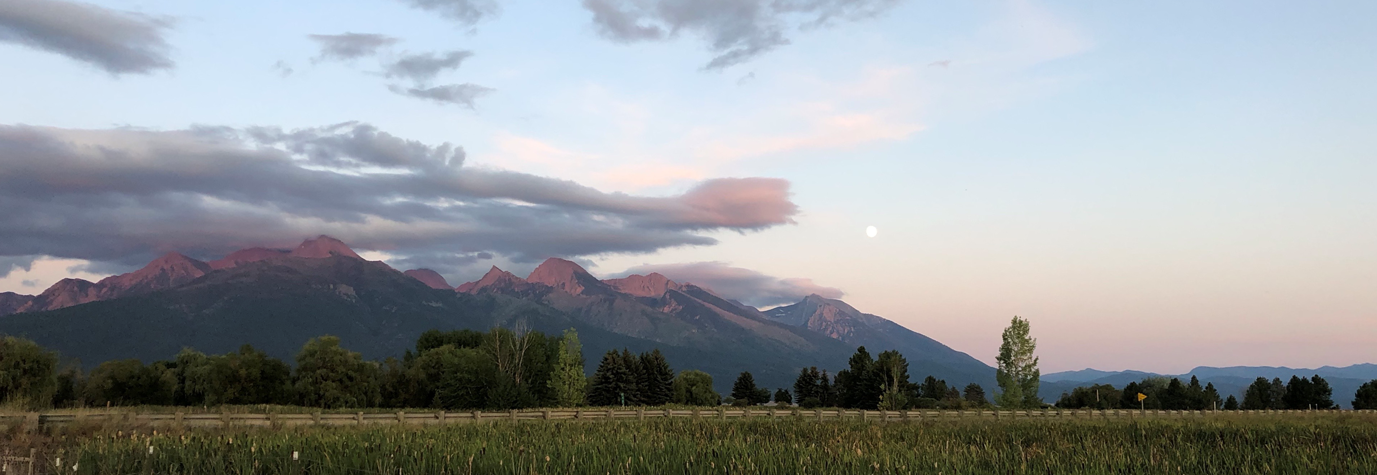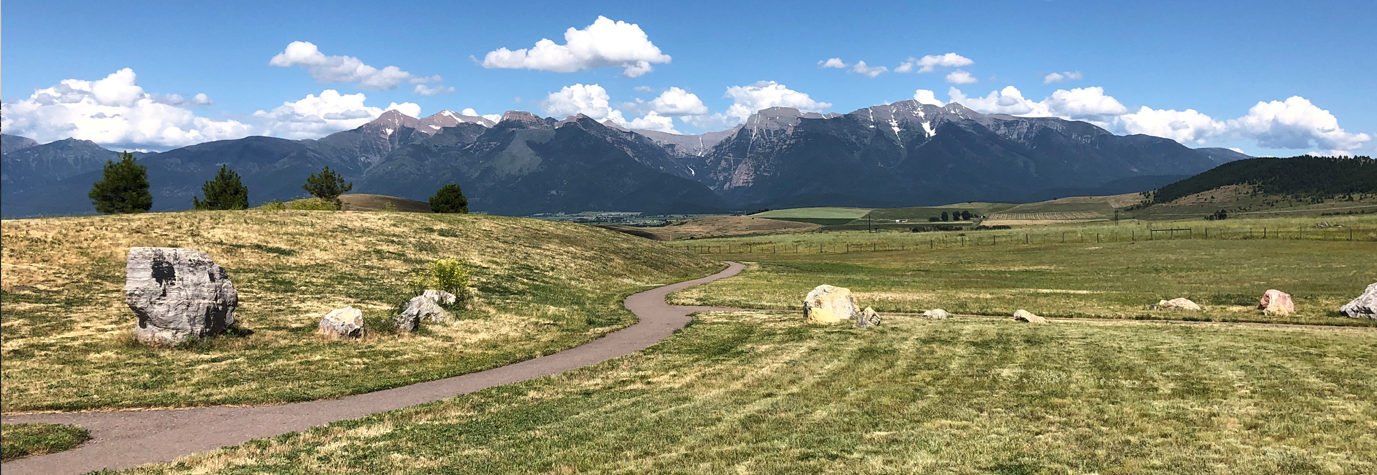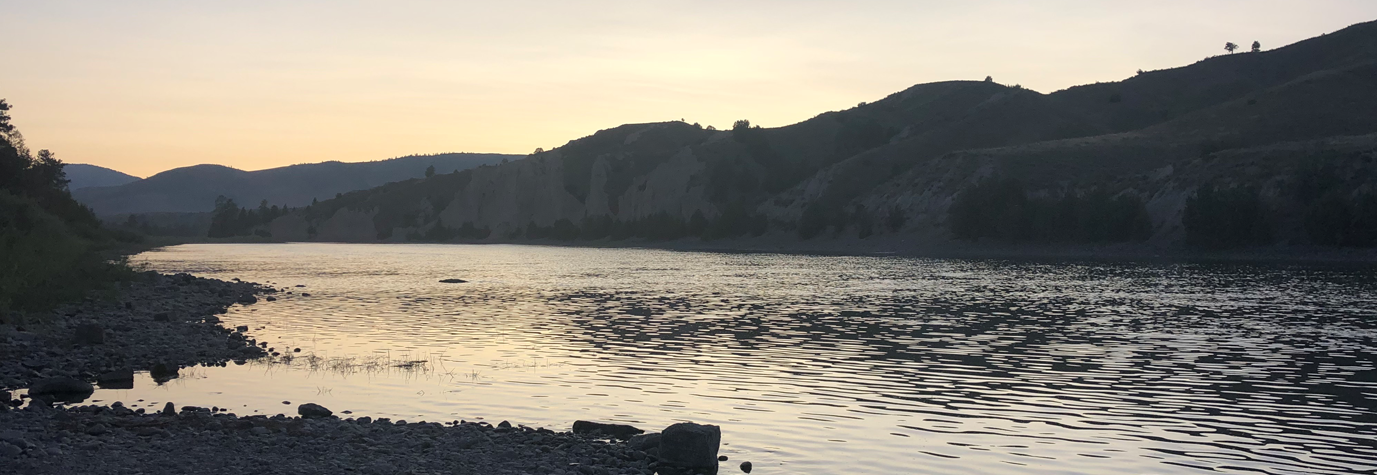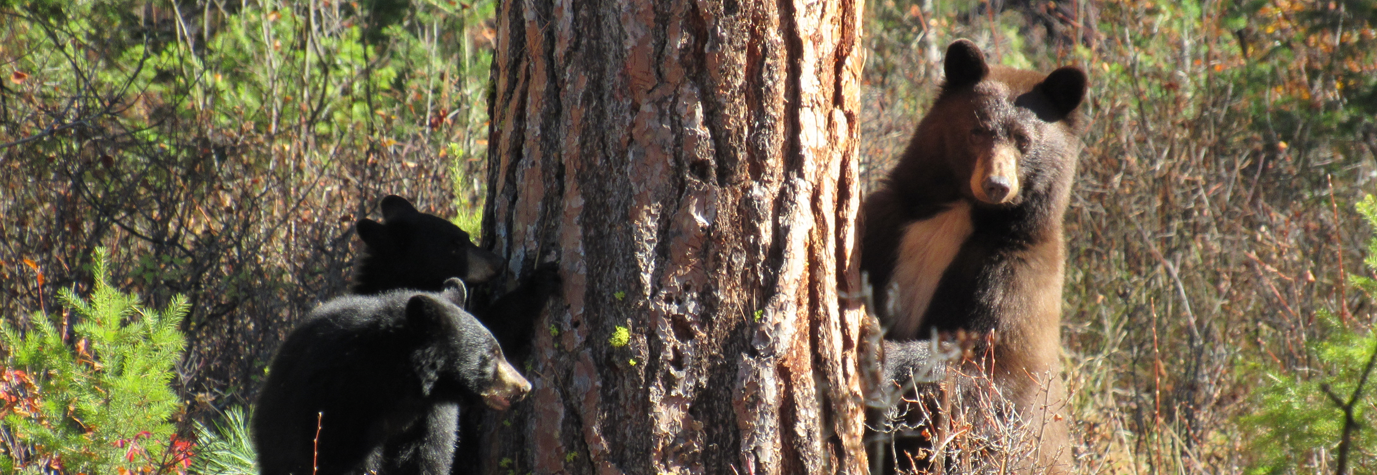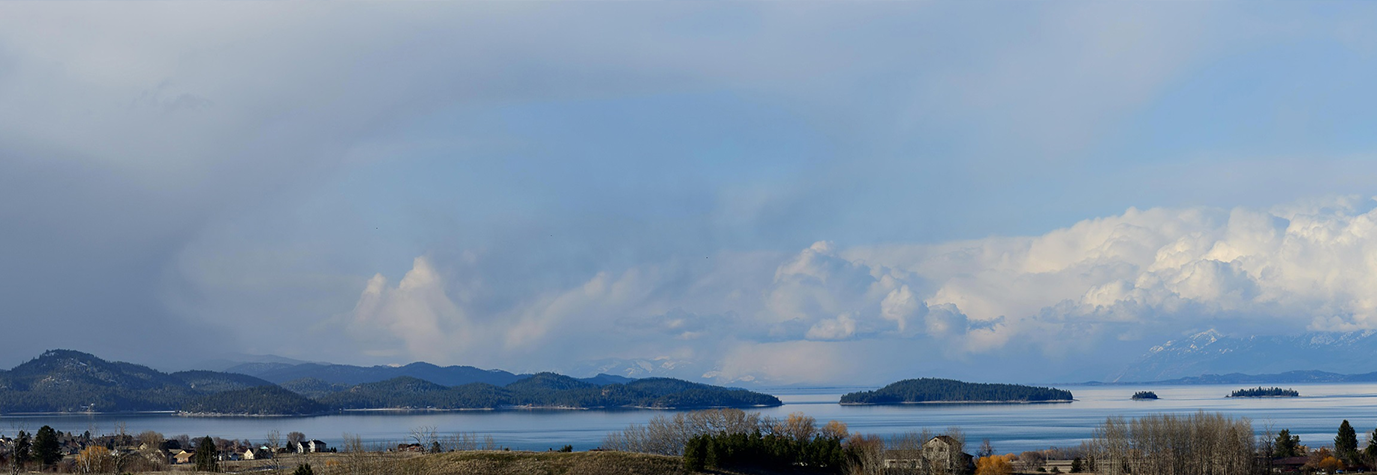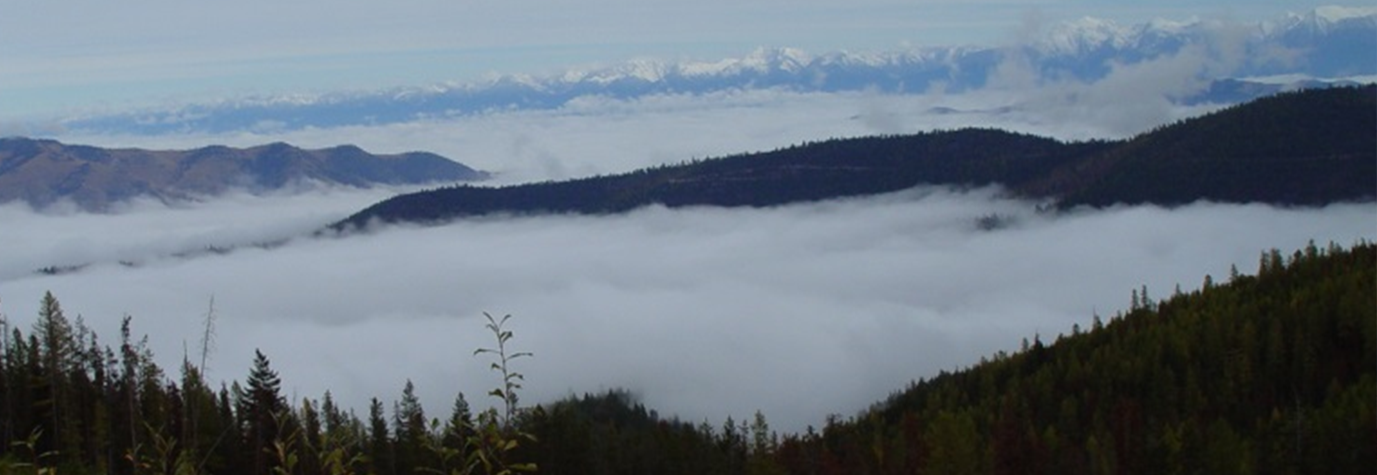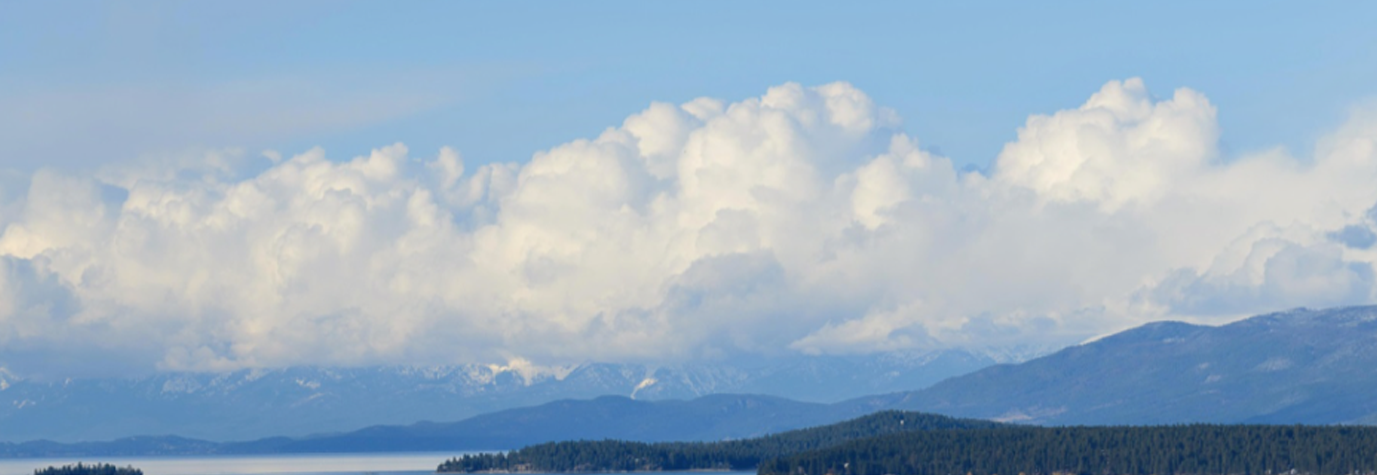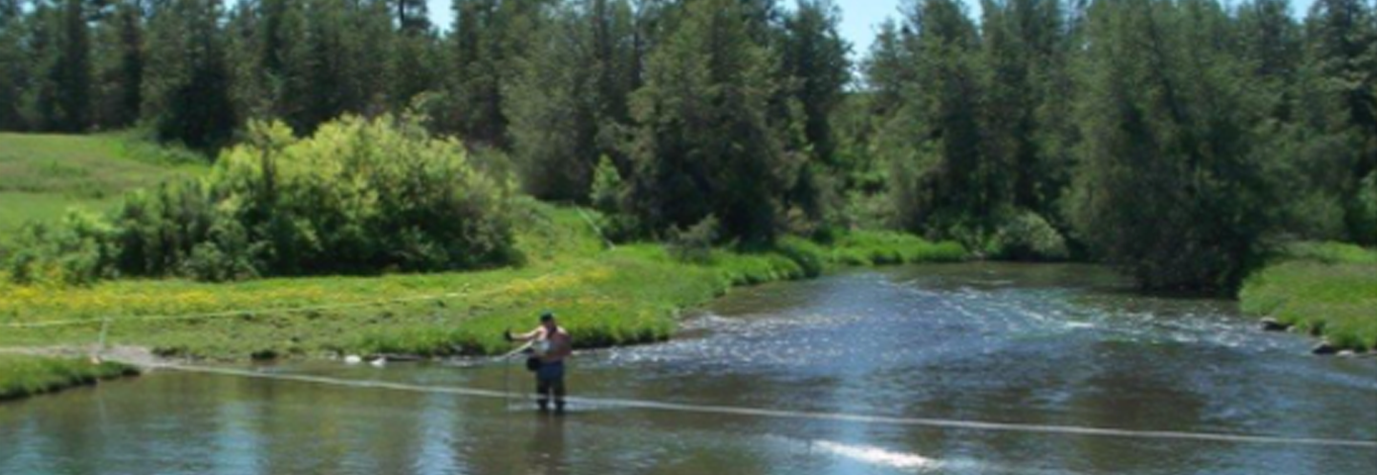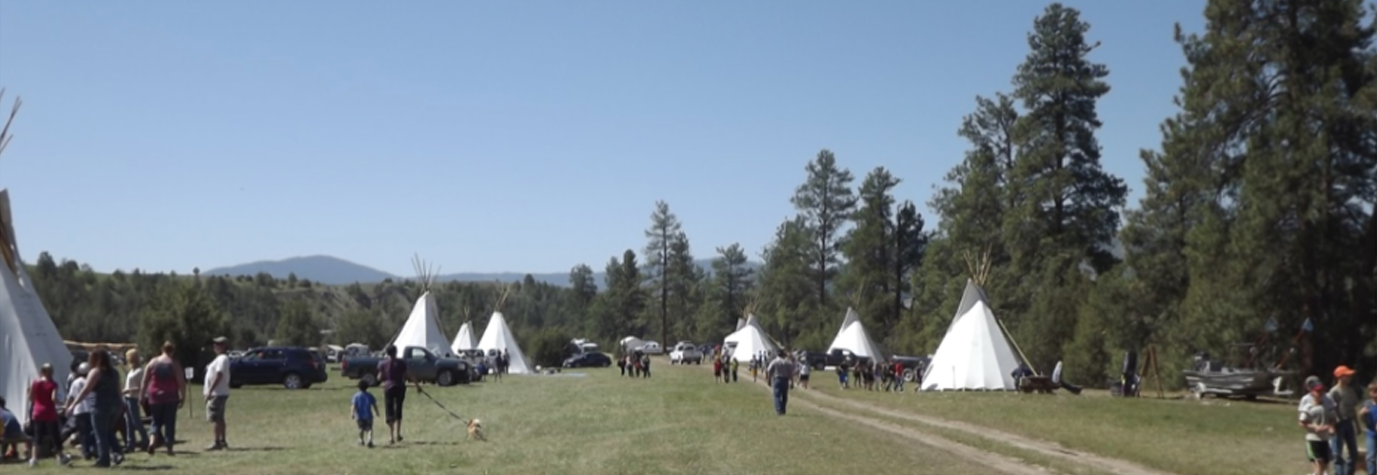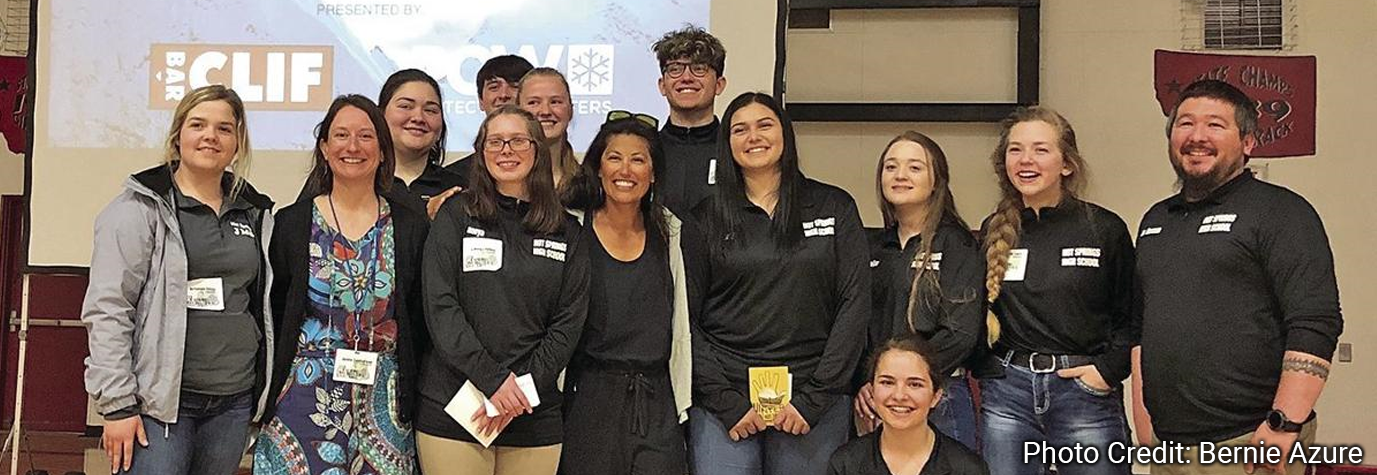CSKT and Coalition of Indigenous leaders demand action on trans- boundary coal mining pollution in Montana, Idaho and British Columbia
Climate and Community with Mike Durglo, Jr.
CSKT Forestry restores whitebark pine stands
How 3 Indigenous Women are leading the way on climate change
Native nations on front lines of climate change share knowledge and find support at intensive camps
Seven Generations: White Bark Pine
Area glaciers are falling to pieces, study finds
The Restorative Revolution and a River of Reciprocity
Neighbor's guide: Living in the Flathead
Young People’s Lawsuit Could Affect Montana’s Energy Future
Real-time Climate Data For CSKT Bison Range
Invasive quagga mussels detected in Columbia Basin
Recycling isn’t easy. The Coushatta Tribe of Louisiana is doing it anyway.
Schools, tribe, businesses close for water shortage in Browning,MT(Jan.2024)
Deep ocean currents slowing earlier than predicted
Educating Youth About Preventing AIS Entering Flathead Lake: Mussel Walk
At CSKT, a "living document" speaks to thousands of years of history while facing new challenges
Evapotranspiration and Climate Change at Flathead Nation story map
Story Map: Exploring Wetland Soil Carbon in Confederated Séliš, QÍispé + Ksanka homelands
This Indigenous Community Records the Climate Change That Is Causing Its Town to Erode Away
Air Filtration Techniques from Estom Yumeka Maidu Tribe
How Indigenous values inspired the largest network of wildlife crossings in USA
Fire, People, and Place: Making Oshkigin Spirit of Fire
The Honorable Harvest with Dr Robin Wall Kimmerer
Indigenous input is key to tackling climate change
For CSKT, Reforesting Means Reconnection to History, Culture
River Honoring Bridges Traditional Values with Education
Climate-Driven Fisheries Collapse Is Devastating Indigenous Communities
A Brief History of Healing and Regeneration
Architects of Abundance: Indigenous Regenerative Food Systems and the Excavation of Hidden History
How Climate Change Drives the Spread of Invasive Plants
No Mow til Mothers Day: Protect bees, pollinators
How Indigenous knowledge can help solve the climate crisis
Tackling Climate Change and Biodiversity Loss Together
Through gardens, these Native communities are cultivating a solution to climate change


